




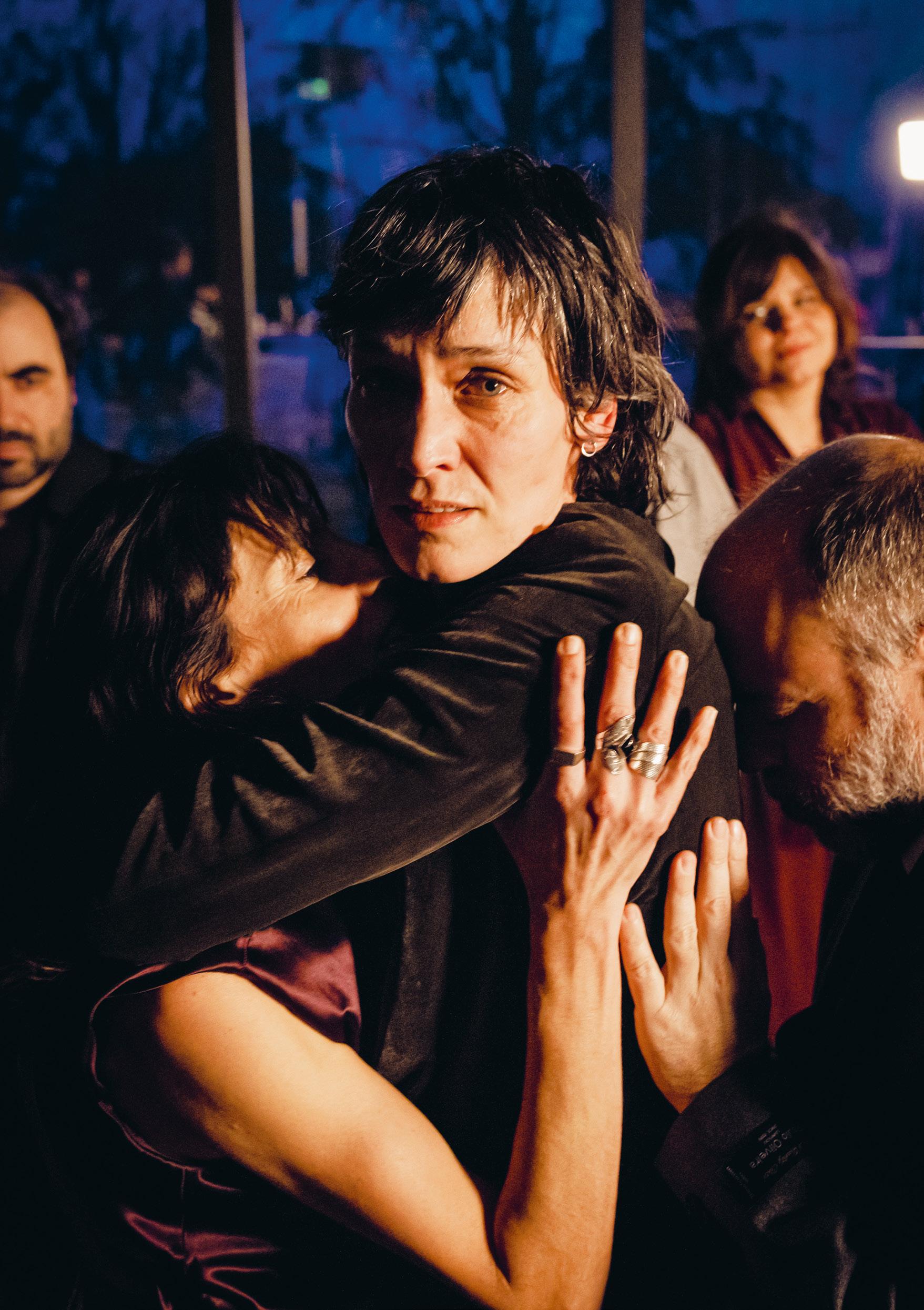
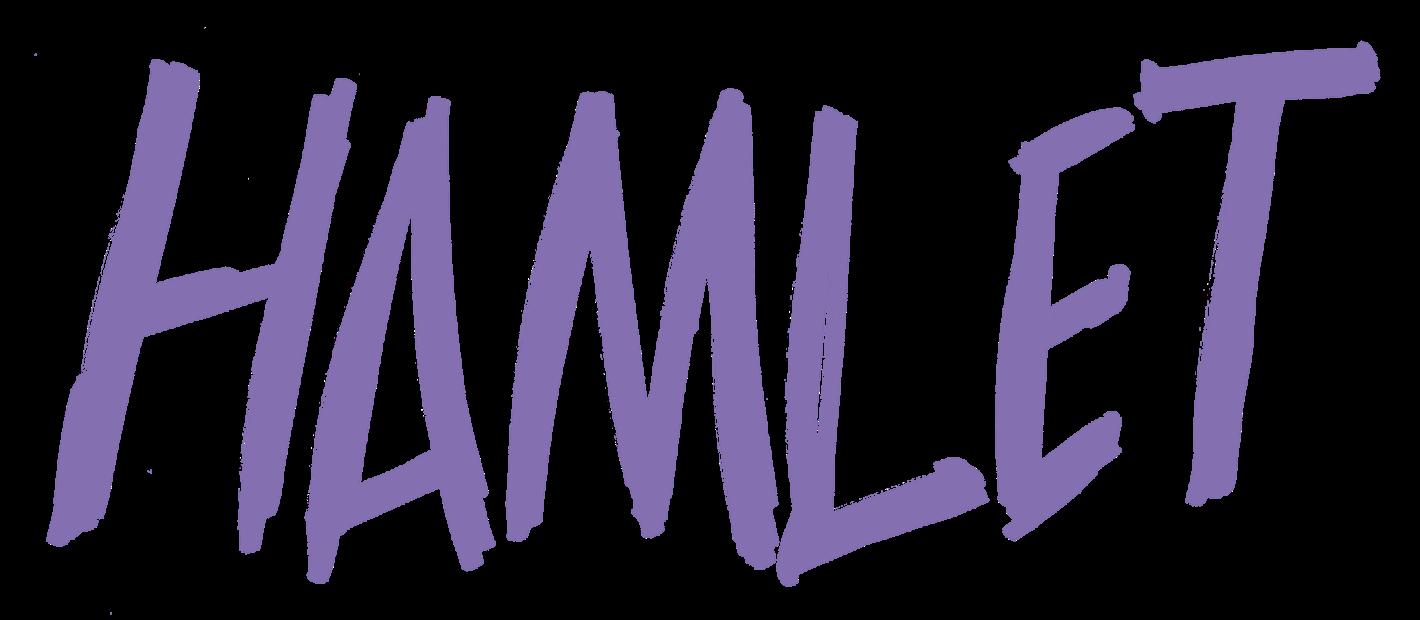
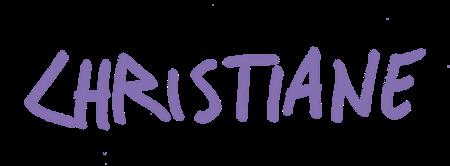

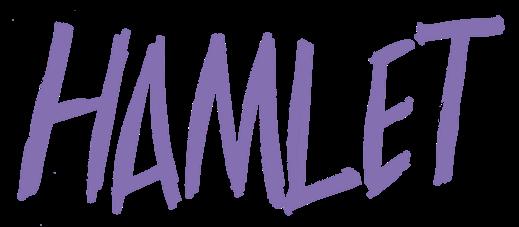
It is the year 2024, in a contemporary apartment in an anonymous city. Hamlet is trying to turn sheer thought and desire into action, to move from gloom to passion – possibly even rebellion. Brazilian director Christiane Jatahy (she was awarded the Golden Lion at the Venice Biennale) turns her attention to Shakespeare’s most famous phrase: to be or not to be. However, she asks a more radical question: to act or to resign? Hamlet wakes up as a woman in the contemporary world and has to face the violence of the patriarchy. Together, Hamlet, her mother Gertrude and her fiancée Ophelia investigate the past and the present. They want to create the society of the future. What, though, are the levers for change?





31 May, 1 / 2 June, 7 pm
Volkstheater
French, Portuguese
German and English surtitles
approx. 2 hrs
Please note
Age recommendation 14+
Q&A
1 June, following the performance
from Christiane Jathay’s Hamlet
Direction, Adaptation, Set design Christiane Jatahy With Isabel Abreu (Ophelia), Tom Adjibi (Guildenstern), Servane Ducorps (Gertrude), Clotilde Hesme (Hamlet), David Houri (Rosencrantz), Tonan Quito (Polonius), Matthieu Sampeur (Claudius) and on film Loïc Corbery, Jérémy Lopez, Cedric Eeckhout, Jorge Lorca, Julie Duclos as well as Kes Bakker, Aurélie Barrin, Fernanda Barth, Azelyne Cartigny, Léo Grimard, Jamsy, Martin Jodra, Laurence Kélépikis, Yannick Lingat, Yannick Morzelle, Océane Peillon, Juliette Poissonnier, Maëlle Puéchoultres, Yara Ktaish, Alix Riemer, Andrea Romano, Gabriel Touzelin
Voice over Zakariya Gouran, Jauris Casanova, David Clavel Artistic collaboration, Set design Thomas Walgrave Director of photography, Camera Paulo Camacho Costumes Fauve Ryckebusch Video system development Julio Parente Music Vitor Araújo Sound design Pedro Vituri Collaboration on the development of the set Marcelo Lipiani Dramaturgical consulting Marcia Tiburi, Christophe Triau Direction trainee Maëlle
Puéchoultres Trainee lighting, Set design Kes Bakker Costumes assistant Delphine Capossela Assistant direction Laurence Kelepikis Company administration Claudia Petagna Production coordination Henrique Mariano
Production Odéon-Théâtre de l’Europe (Paris) In participation with Cie Vértice – Axis production
Coproduction Wiener Festwochen | Freie Republik Wien, Les Nuits de Fourvière – Festival international de la Métropole de Lyon, Holland Festival (Amsterdam), Le Quartz – Scène nationale de Brest, La Comédie de Clermont-Ferrand scène nationale, DE SINGEL (Antwerp) Supported by Cercle de l’Odéon
The Vértice company is supported by the Direction régionale des affaires culturelles d’Île-de-France –ministère de la Culture
Thanks to La Ferme du Buisson – Scène Nationale de Noisiel
executed by the team of the Wiener Festwochen | Freie Republik Wien
Premiere March 2024, Odéon-Théâtre de l’Europe (Paris)
THE REST IS SILENCE
By Christophe Triau
‘To be or not to be.’ But also: to take action or not to take action. Hamlet has been on the horns of that particular dilemma for over four centuries now. And that dilemma is precisely the space that Christiane Jatahy has been working on, relentlessly, in all the works she has created, the very space she feels theatre is able to bring to life: the boundary separating stage and auditorium, theatre and cinema, reality and fiction; but also the conscious and the unconscious, memory and silence (‘the rest is silence’), solitude and community … and the time-based boundary that is the present itself, that linear divide between past and future. But a boundary not as an established and closed demarcation; rather, as something permeable and porous, a shifting location of exchanges and transit, a place of potential relationships; a space where something could change.
For more than four centuries, then, Hamlet has been in suspense, as it were, torn back and forth across this boundary: caught between the cycle of revenge and tragedy, the injunction to ‘be cruel to be just’, and the aspiration to change in order to break free from this perennial recurrence of violence, and escape a past that does not wish to pass and never ceases to haunt her, a loop within her memory (‘perchance to dream’, yet … ‘what dreams may come?’). Haunting ‘her’? Yes! For here Hamlet has become a young woman. As easily as Orlando wakes up one day as a woman in Virginia Woolf’s eponymous novel –with no further justification. But that undoubtedly alters everything about the way we view this patriarchal and sacrificial violence, and the struggle to escape it.
Once again summoning there the ghosts of her story, or a ghost among the ghosts of that story, Hamlet relives, re-enacts, reconfigures the memory of her tragedy.
Just like Orlando, Hamlet has spanned the centuries, right through to the present and this contemporary apartment where, in Jatahy’s stage production, she and the other protagonists (the other dead) of the tragedy find themselves locked up: an intimate space that functions as a family constellation, and a place of intense focus not dissimilar to the space occupied by the psyche, or a dream, or a nightmare (a specific space and a mind space, for it matters not what the obverse and reverse of this boundary actually are since they are indistinguishable).
(Re-)enter the ghosts: once again summoning there the ghosts of her story, or a ghost among the ghosts of that story, Hamlet relives, re-enacts, reconfigures the memory of her tragedy. Is there no end? How do you escape? How do you cross that boundary, escape, and be rid of those summons – or at least really look death in the face?
Christophe Triau is Professor of theatre studies at the Université Paris Nanterre and dramaturge.

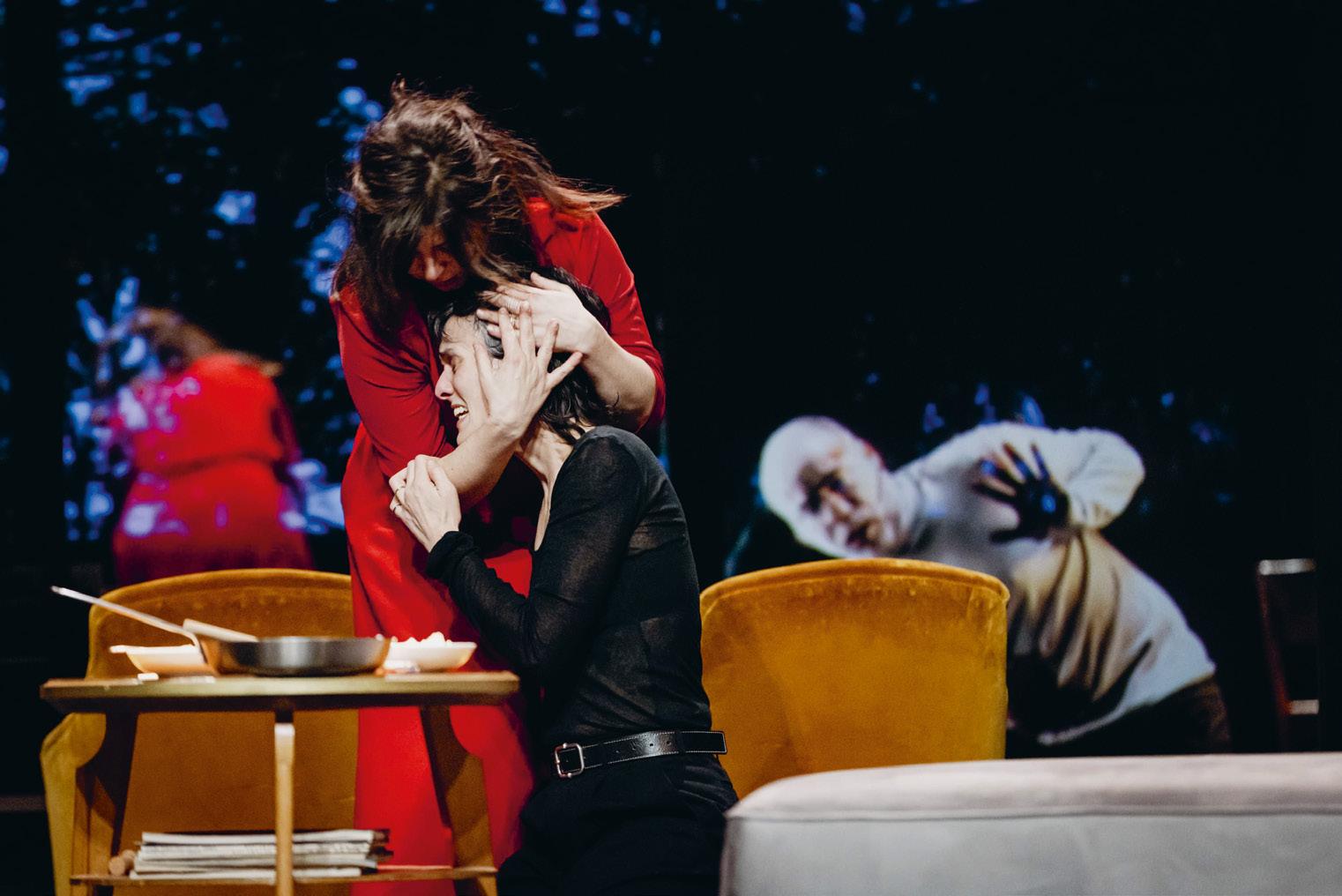 Servane Ducorps, Clotilde Hesme, Tonan Quito (background)
Servane Ducorps, Clotilde Hesme, Tonan Quito (background)
MÁRCIA TIBURI ON HAMLET
Christiane Jatahy’s Hamlet is all about encounters with ghosts. The first of these is Shakespeare himself, the father of modern theatre and the obsession of all great directors, who demands so much of his heirs. Christiane Jatahy has chosen to respond to Shakespeare’s summons by creating a play within a play within a play, a dizzying mise en abyme in which the contemporary way of being supplants modernity. As a result, ethics, aesthetics and politics engage with the shadows of the age of which the director, and all of us, are contemporaries.
What we see on stage is an update of the Baroque setting in which Shakespeare is situated. It is no longer Duchamp’s nude, but Hamlet who comes down the stairs and finds himself reflected in the mirror we are staring at, enhanced by the childhood of anguish, whispering in our ears to warn us that there is something beyond the realm of the performance. We cannot act as if there isn’t ‘something rotten in the kingdom of Denmark’. There is a war raging outside and one raging within us.
The second ghost with which we are confronted is, inevitably, the text. Hamlet is a phantom text that is everywhere and, if Freud and Lacan are to be believed, in our unconscious too, just as Oedipus was in Antiquity. Shakespeare’s text unfolds choreographically. Other equally obsessive and fantastical texts such as those by Virginia Woolf and Heiner Müller bypass the stage. Tragedy has always been a theory of meaning which Nietzsche realised had been obscured by philosophy in its eagerness to rationalise emotions and subtract life from the sphere of the sentient. Jatahy demonstrates that tragedy can incorporate philosophy, that Hamlet continues to act out desire, the fact of being or of not being.
Jatahy creates a performance that is, in the paradigm of contemporaneity, a language-game in Wittgenstein’s sense, in which shadows cross the stage in multiple dimensions, understanding one another. The audience might feel like ghosts or like the all-seeing eye of the world faced with a truth for which no one is prepared in advance. In tragedy, intimate ghosts become public. Once again, it is the anatomy of family relationships that surprises us, extracting us from a precathartic oblivion. Rather than challenge those ghosts Jatahy sets about making them visible and, once visible, thinkable.
In this anatomy of bodies and shadows where the shadow is part of the body and the body is part of the shadow, everything goes beyond the performance. Whether it’s the King usurping the throne as well as the Queen’s bed or Ophelia insurgent, all will be trapped in a techno-anthropophagic manner, to the taste of the anthropophagic peoples who inspired Brazil’s post-modernist and ultra-contemporary anthropophagic movement* and who, in Shakespeare’s time setting, continue to be Jatahy’s ancestors.
Márcia Tiburi is a philosopher and author and lives in São Paulo.
*Editor’s note: The Brazilian anthropophagy movement stands for the act of incorporating, devouring European cultural forms and transforming them into something of one’s own.
Christiane Jatahy, born in Rio de Janeiro, is an author, theatre director and filmmaker. She graduated in Theatre and Journalism and holds a postgraduate in Art and Philosophy. Since 2003, she developed a body of work that explores the border zones between artistic disciplines, between reality and fiction, actor and character, theatre and cinema. In 2011 she premiered Julia, based on Strindberg’s Miss Julie.. In 2014, she premiered What if they went to Moscow? based on Anton Chekhov’s The Three Sisters, splitting the audience between a cinema and a theatre. Concluding the Memory Trilogy, she created The Walking Forest in 2015 (at Wiener Festwochen in 2018), loosely based on Shakespeare’s Macbeth, combining live performance with a video installation and live cinema. Deepening her research into the question of refu- gees, she started to develop the diptych Our Odyssey, inspired by Homer’s Odyssey, in 2018. Entre chien et loup, inspired by the film Dogville, is the first part of a Trilogy of Horror. The second part Before the sky falls connects Shakespeare’s Macbeth with The Falling Sky by Davi Kopenawa and Bruce Albert to approach the violence of toxic masculinity and the political power of patriarchy The trilogy’s final part Depois do silêncio (based on the book Torto Arado by Itamar Vieira jr.) focuses on structural racism and premiered at Wiener Festwochen in 2022. Christiane Jatahy received the Golden Lion for her life’s work at the 50th Festival Internazionale del Teatro of the Venice Biennale in 2022. During the 2021–2022 season, Christiane Jatahy was a guest artist at the MUCEM in Marseille, where she presented several of her creations as well as a number of proposals and interventions conceived in situ. In 2023, she directed Juan Mayorga’s The boy at the back at the Schauspielhaus in Zurich, a classroom-based study of how fiction can manipulate reality. In the same year, she created Nabucco at the Grand Théâtre in Geneva, transforming Verdi’s opera into a hymn to hope and resistance. In 2024, Jatahy stages an adaptation of Hamlet (premiered at Odéon-Théâtre de l’Europe in Paris), which is a radical re-reading of Shakespeare’s work in the light of contemporary issues of gender, violence/war, the relevance of action, and the way in which the history of theatre has approached them. PUBLICATION DETAILS Owner, Editor and Publisher Wiener Festwochen GesmbH, Lehárgasse 11/1/6, 1060 Wien P + 43 1 589 22 0, festwochen@festwochen.at | www.festwochen.at General Management Milo Rau, Artemis Vakianis Artistic Direction (responsible for content) Milo Rau (Artistic Director) Text credits p. 4 and p. 6: original contributions, 2024 Picture credit Cover and p. 6 © Simon Gosselin Produced by Print Alliance HAV Produktions GmbH (Bad Vöslau)
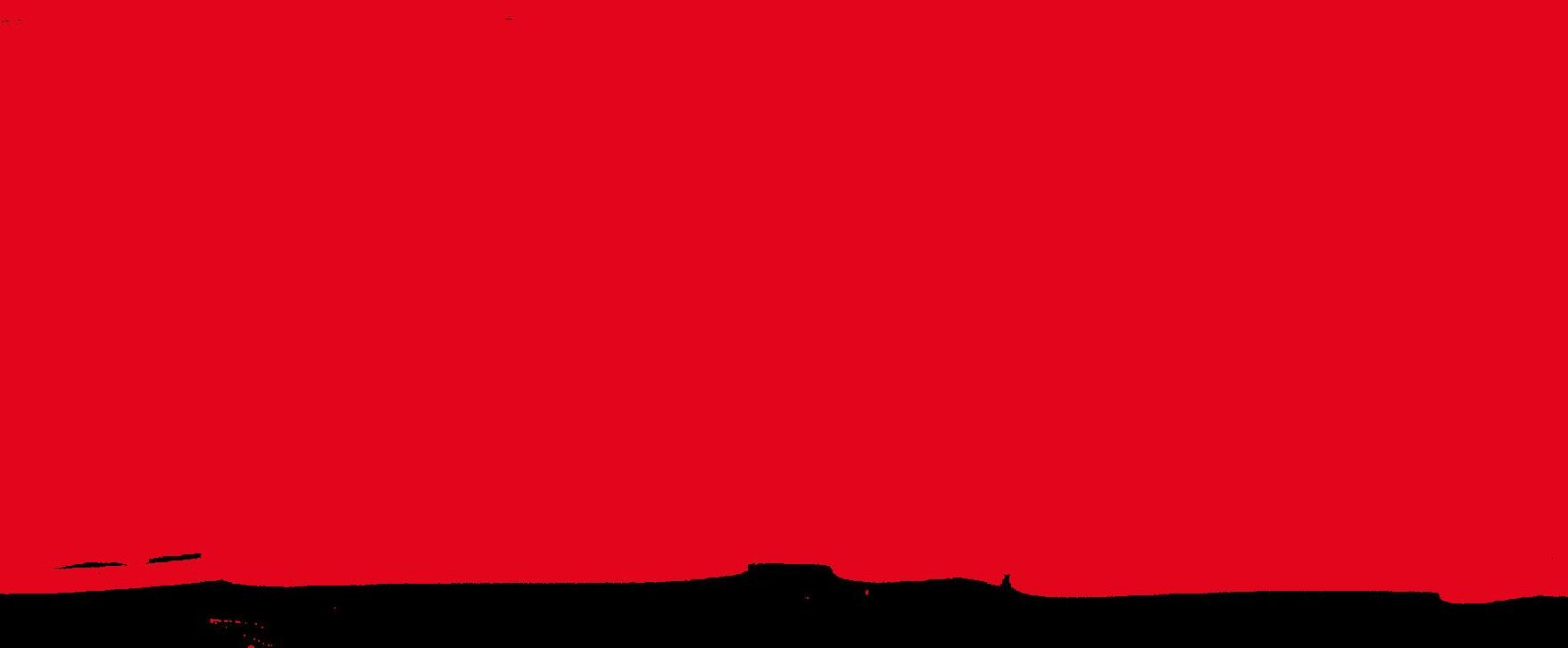



 Main sponsors Public funding body
Media partner Sponsor
Main sponsors Public funding body
Media partner Sponsor












 Servane Ducorps, Clotilde Hesme, Tonan Quito (background)
Servane Ducorps, Clotilde Hesme, Tonan Quito (background)




 Main sponsors Public funding body
Media partner Sponsor
Main sponsors Public funding body
Media partner Sponsor